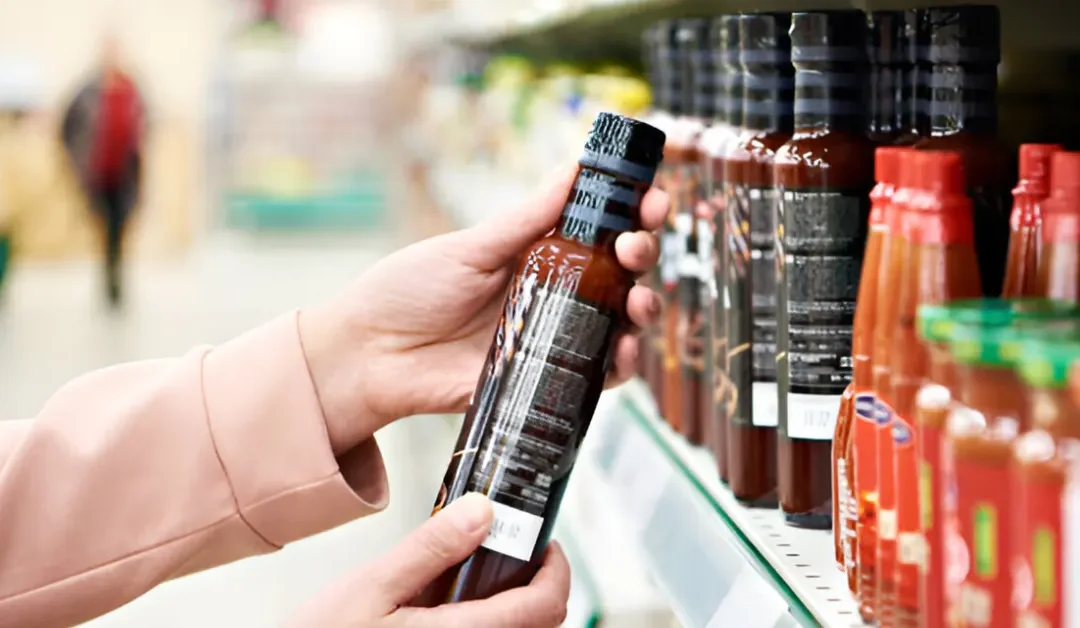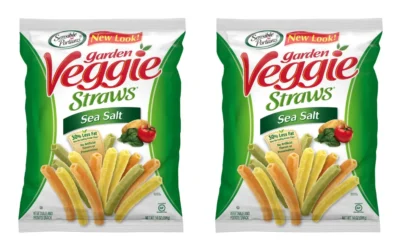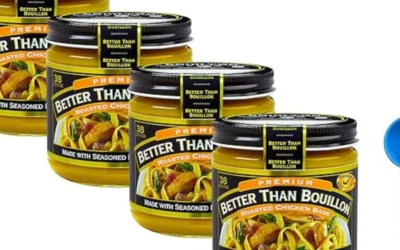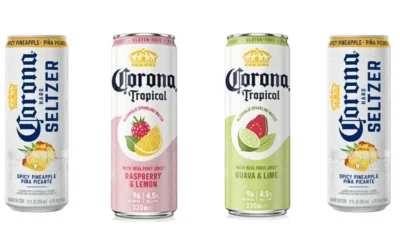Balsamic vinegar is a staple in many kitchens, known for its rich, tangy flavor that enhances a variety of dishes. But if you’re following a gluten-free diet, you might be wondering, “Is balsamic vinegar gluten-free?” Let’s dive into the details and clear up any confusion.
Understanding Gluten in Food Products
Before we get into the specifics of balsamic vinegar, let’s talk about gluten in food products. Gluten is a protein found in grains like wheat, barley, and rye. For those with celiac disease or gluten sensitivity, consuming gluten can lead to adverse reactions.
In the United States, for a product to be labeled “gluten-free,” it must contain less than 20 parts per million (ppm) of gluten. This standard is set by the FDA and is designed to protect those with celiac disease and gluten sensitivities.
Balsamic Vinegar and Gluten: The Facts
Balsamic vinegar is a popular condiment known for its rich, tangy flavor. But when it comes to gluten, the story is a bit more complicated.
Ingredients in Balsamic Vinegar
Traditional balsamic vinegar is made from grapes and is typically gluten-free. The primary ingredients include:
- Grape must: The juice from pressed grapes, which is the base of balsamic vinegar.
- Wine vinegar: Used to add acidity and flavor.
- Caramel: Sometimes added for color and sweetness.
- Sulphites: Used as a preservative.
Gluten Content in Balsamic Vinegar
While traditional balsamic vinegar is made from grapes and should be gluten-free, the manufacturing process and potential cross-contamination are important factors to consider. Some sources claim that balsamic vinegar tests below the 20 ppm threshold set by the FDA for gluten-free labeling.
However, this does not mean that all balsamic vinegars are entirely gluten-free. The presence of caramel, which can be derived from wheat, and the potential for cross-contamination in the manufacturing facility mean that there is still a risk of gluten contamination.
Official Stance from Manufacturers
As of the latest information, many manufacturers of traditional balsamic vinegar do not market their products as gluten-free. The lack of a gluten-free label is a clear indication that these products should not be considered gluten-free. This lack of endorsement is a clear indication that balsamic vinegar should not be considered gluten-free.
Gluten-Free Alternatives
If you’re looking for a gluten-free vinegar option, there are plenty of great alternatives on the market. Many brands now produce vinegars that are specifically labeled as gluten-free and are safe for those with gluten sensitivities.
Popular Gluten-Free Vinegar Options
Here are some popular gluten-free vinegar options to consider:
- Apple Cider Vinegar: A versatile and naturally gluten-free option that can be used in a variety of recipes.
- Red Wine Vinegar: Made from red wine, this vinegar is typically gluten-free and adds a rich flavor to dishes.
- White Wine Vinegar: A mild and slightly sweet vinegar that is usually gluten-free.
These vinegars ensure that their products are entirely gluten-free, making them a safe choice for those with dietary restrictions.
Conclusion
While traditional balsamic vinegar may test below the 20 ppm threshold for gluten, it is not officially gluten-free due to the presence of caramel and the potential for cross-contamination in the manufacturing facility.
For those with celiac disease or gluten sensitivities, it’s best to opt for vinegars that are specifically labeled as gluten-free. There are plenty of delicious gluten-free vinegar options available that allow you to enjoy your meals without the worry.
So, the next time you’re looking to add flavor to your dishes, consider exploring the world of gluten-free vinegars. Your taste buds (and your gut) will thank you!
Happy cooking!









